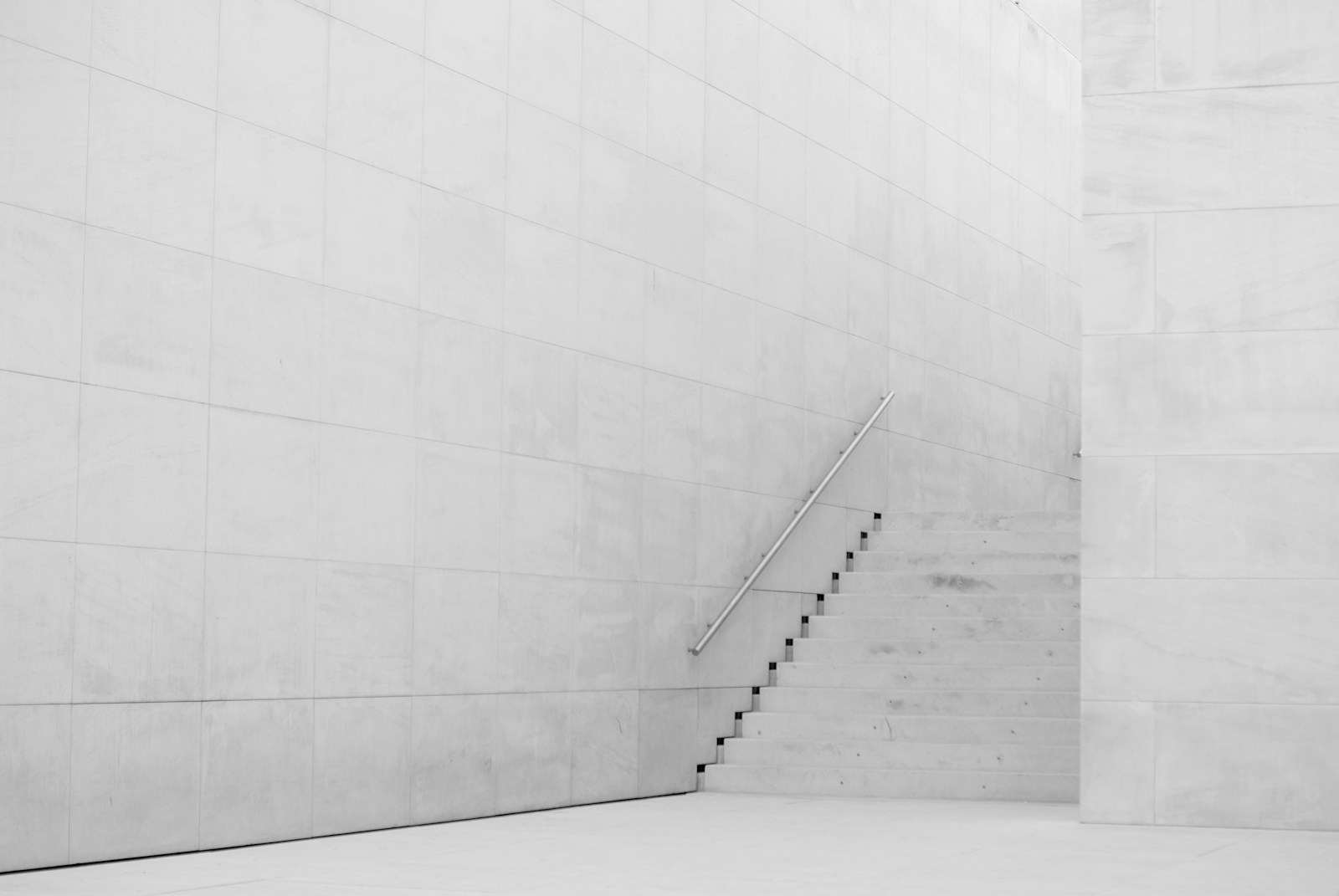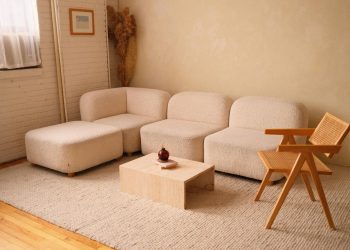Life today moves at a relentless pace. Between work obligations, family responsibilities, and the constant hum of technology demanding our attention, it’s easy to lose sight of the things that truly nourish our spirits. Yet, woven into the fabric of a well-lived life are the small, joyful pursuits we often overlook — creative hobbies that don’t just fill time, but add meaning, depth, and happiness to our days.
Creative hobbies aren’t just for the “naturally artistic” or “gifted.” They are for anyone who craves more color, curiosity, and wonder in their lives. Whether you’re painting abstract landscapes, writing short stories, baking experimental desserts, or tending a garden, these acts of creation awaken parts of us that might otherwise remain dormant.
Beyond mere leisure, creative hobbies offer surprising benefits: boosting mental health, sharpening focus, cultivating patience, and even enhancing our sense of identity. In a world that often prioritizes output over fulfillment, reclaiming time for creative joy can be an act of quiet rebellion — and a gift to ourselves.
The Power of Creating for Its Own Sake
One of the most beautiful aspects of creative hobbies is that they exist outside the realm of achievement. You don’t have to monetize them, showcase them, or even be “good” at them for them to matter. In fact, the absence of pressure often makes the experience richer.
When you allow yourself to paint a clumsy watercolor, knit an uneven scarf, or write a rambling poem without self-judgment, you tap into a deep well of authenticity. You create not for praise or profit, but for the sheer pleasure of bringing something new into existence. In this act, you rediscover a childlike wonder — a sense of being fully present and engaged, unburdened by the expectations of success.
Hobbies That Spark the Mind
Certain hobbies, by their nature, invite new ways of thinking. They challenge you to experiment, to solve problems, and to see the world through different lenses.
Photography is a perfect example. It trains your eye to notice details — the way light falls across a face, the textures of an old building, the fleeting expressions that tell a story without words. You start to observe beauty where you once saw only routine.
Writing, whether journaling, poetry, or fiction, offers another avenue for reflection and exploration. It provides a mirror for your thoughts and emotions while building empathy and imagination. Words have a way of revealing hidden truths, often surprising even the person writing them.
Learning an instrument like the guitar or piano rewires your brain, creating new neural pathways and enhancing coordination. Plus, few things are as satisfying as being able to create music with your own hands, whether you’re strumming a simple tune or composing an original piece.
Hobbies That Heal the Heart
Creativity has a profound link to emotional well-being. Engaging in hands-on hobbies can act as a powerful antidote to anxiety, depression, and burnout.
Painting and drawing, for instance, allow emotions to find expression beyond the limitations of language. There’s something almost meditative about letting colors and shapes spill onto a canvas, guided more by feeling than thought.
Gardening offers similar emotional rewards. Watching a tiny seed grow into a vibrant flower or a ripe tomato is a quiet but profound experience. It reconnects you to the rhythms of nature and reminds you of your own capacity to nurture and grow.
Cooking and baking, too, are deeply therapeutic. Measuring, stirring, tasting — each step invites mindfulness. The kitchen becomes a sanctuary where you can lose yourself in creativity and care, crafting meals that feed both body and soul.
The Community Aspect of Creative Pursuits
While many creative hobbies can be deeply personal, they also offer opportunities for connection. Shared passions have a way of building bridges between people who might otherwise seem worlds apart.
Joining a book club, for example, transforms the solitary act of reading into a communal experience. Discussions spark new interpretations and friendships.
Taking a pottery class, a dance workshop, or even participating in local theater brings you into contact with others on a similar journey of exploration. There’s a unique kind of bond that forms when people create side by side, celebrating each other’s efforts without the competitive edge that often marks other areas of life.
Even in the digital age, creative communities flourish. Online forums, social media groups, and virtual workshops allow people to share their art, offer encouragement, and learn from one another — regardless of geography.
Making Time for Creativity
One of the biggest challenges for many adults is simply finding the time to pursue hobbies. Between the demands of work, family, and daily chores, it can seem indulgent, even irresponsible, to spend an hour doodling or strumming a guitar.
But nurturing your creativity is not a luxury. It’s essential self-care. It replenishes your energy, sharpens your mind, and improves your ability to meet life’s challenges with resilience and grace.
Start small. Carve out fifteen minutes a day for your chosen hobby. Treat it as sacred time — as important as a work meeting or dentist appointment. Over time, those minutes will add up, creating a wellspring of joy and fulfillment that spills over into every other aspect of your life.
Finding the Right Hobby for You
If you don’t already have a creative outlet, exploring new hobbies can feel overwhelming. Where do you even start? The answer: follow your curiosity, not your expectations.
Ask yourself:
What did I love doing as a child?
What activities make me lose track of time?
What have I always been secretly curious about?
Experiment without pressure. Maybe you try painting and realize you prefer sculpting. Maybe you sign up for a creative writing class and discover a passion for screenwriting instead. Every creative detour is valuable; it’s all part of discovering who you are beneath the daily grind.
Remember, you don’t have to be “good” at your hobby. You just have to be open to where it leads.
The Lasting Impact of Creative Hobbies
Engaging in creative hobbies has ripple effects that extend far beyond the hobby itself. They foster patience, problem-solving, self-confidence, and perseverance — qualities that enhance every aspect of life.
Perhaps most importantly, they teach us to value the process over the product. In a results-driven world, this lesson is revolutionary. It reminds us that not everything we do must have a measurable outcome. Sometimes, the doing itself is the reward.
Creativity also anchors us in the present moment. It interrupts the endless mental chatter about the future or the past, inviting us to be fully here, now, with a brush in hand or a story taking shape under our fingertips.
In a society that often equates identity with productivity, creative hobbies offer a radical affirmation: you are more than what you produce. You are a being capable of wonder, play, and beauty.











